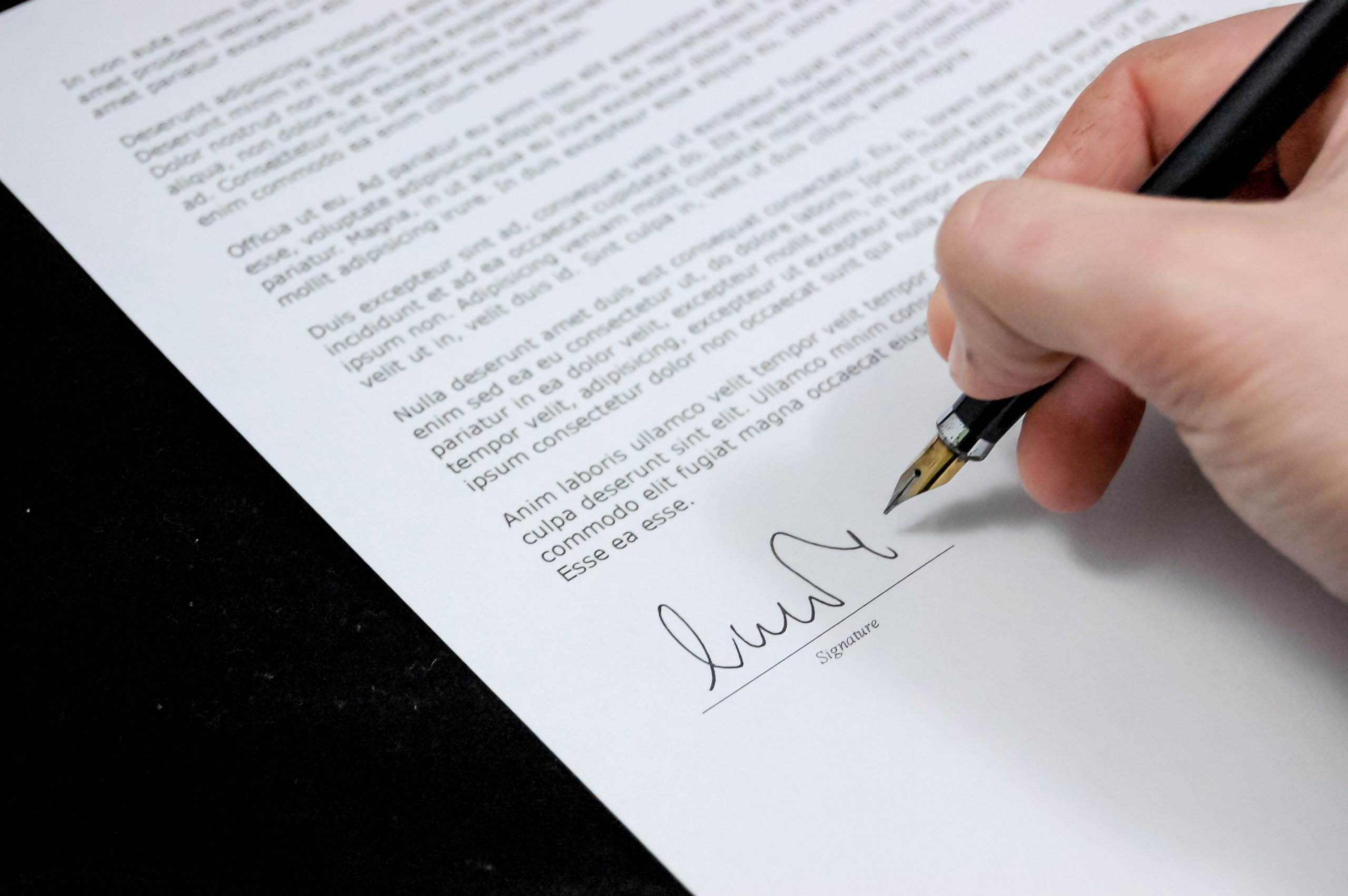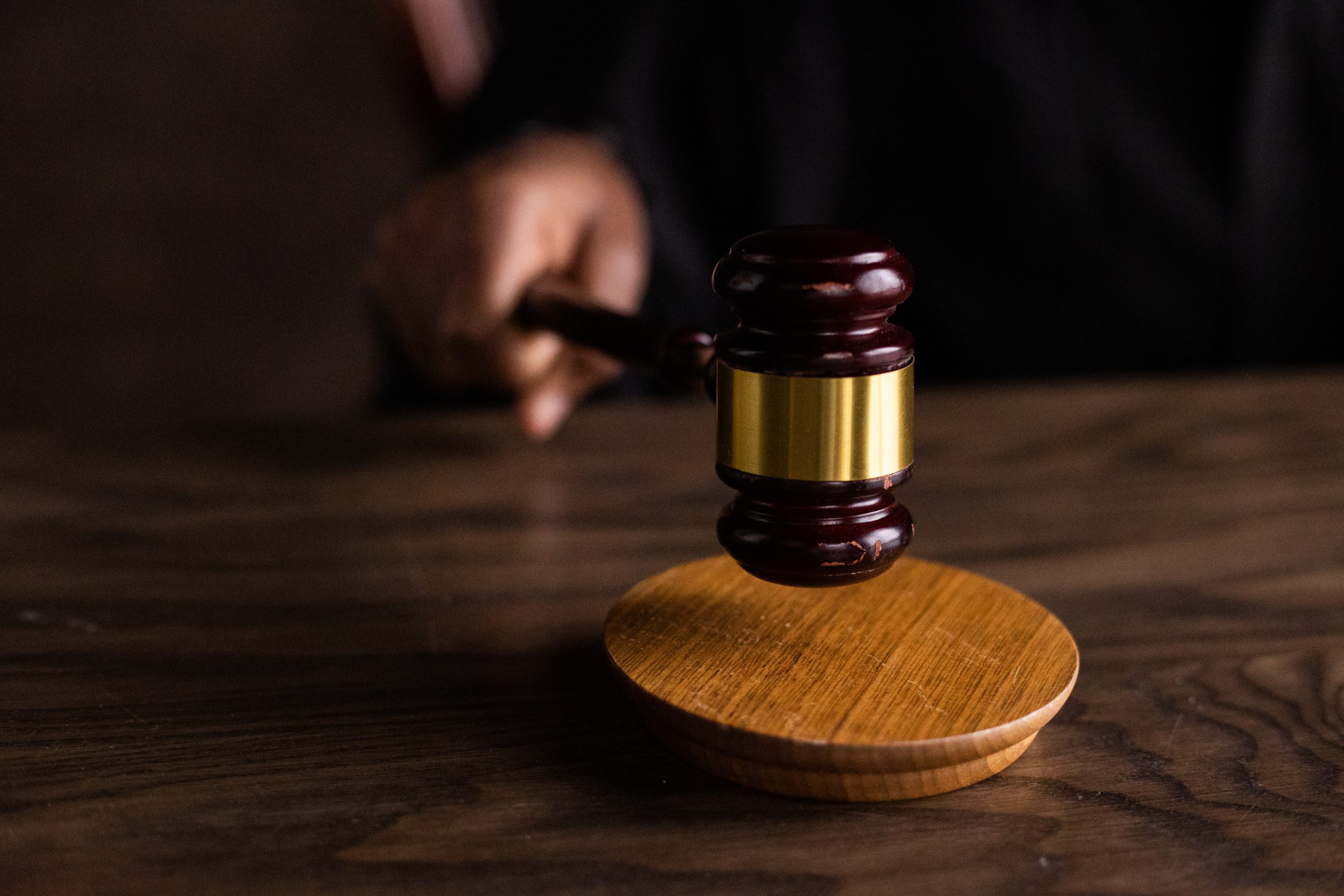Are you a commercial real estate owner concerned about the accuracy of your property tax assessments? Look no further, as we delve into the world of legal strategies for mitigating property tax assessments in CRE. In this article, we will explore comprehensive and exhaustive ways to ensure that you are not overpaying on your property taxes. Whether it is through challenging the assessment value, exploring exemptions and abatements, or utilizing expert appraisals, we have got you covered. With our guidance, you will be equipped with the knowledge and tools necessary to navigate the complex realm of property tax assessments. Contact us today for a consultation that will bring peace of mind to you and your commercial properties.
Understanding Property Tax Assessments
Property tax assessments play a crucial role in the world of commercial real estate (CRE) ownership. As a CRE owner, it is important to have a clear understanding of what property tax assessments are and how they are determined.
What is a property tax assessment?
A property tax assessment is an evaluation of the value of a property for tax purposes. It is conducted by the local government or assessors to determine the amount of property taxes that a CRE owner must pay. The assessment considers various factors such as the property’s location, size, condition, and market value.
How are property tax assessments determined?
Property tax assessments are typically determined by assessing authorities who consider factors such as the property’s market value, cost approach, and income approach. Market value is determined by analyzing comparable properties in the area, while the cost approach estimates the property’s value based on construction and land costs. The income approach is used for income-producing properties and considers the property’s potential income.
Why are property tax assessments important for CRE owners?
Property tax assessments directly impact the amount of property taxes that CRE owners must pay. Accurate assessments are crucial to ensure fair taxation and prevent overpaying on property taxes. Misunderstanding or miscalculating property tax assessments can result in financial strain for CRE owners.
Challenges faced by CRE owners in property tax assessments
CRE owners often face challenges in property tax assessments. Assessments may be inaccurate due to errors or outdated information, leading to higher property taxes. In addition, changes in market conditions or property improvements may not be reflected in the assessment, resulting in overpayment. Understanding the challenges involved in property tax assessments is essential for CRE owners to mitigate potential issues.
1. Hiring a Property Tax Attorney
The role of a property tax attorney
A property tax attorney specializes in property tax law and provides legal guidance and representation to CRE owners. Their role involves understanding property tax laws, assessing assessments, and advocating on behalf of their clients to ensure fair tax liability.
Benefits of hiring a property tax attorney
Hiring a property tax attorney can provide numerous benefits for CRE owners. They have in-depth knowledge of property tax laws and regulations, allowing them to navigate complex assessment processes effectively. Attorneys can identify errors in assessments and challenge them on behalf of their clients, potentially leading to a reduction in property tax liability.
Finding the right property tax attorney for your CRE property
When looking for a property tax attorney, it is important to consider their expertise and experience in dealing with CRE properties. Look for attorneys with a track record of success in property tax assessment appeals. Consultation with multiple attorneys can help determine the right fit for your specific needs and goals.

2. Conducting a Property Tax Assessment Review
Why is a property tax assessment review important?
Conducting a property tax assessment review is crucial for CRE owners to ensure the accuracy of their property tax assessments. Reviews help identify potential errors, outdated information, or discrepancies that can lead to overpayment of property taxes.
Steps involved in conducting a property tax assessment review
The first step in conducting a property tax assessment review is to gather all relevant documents relating to the property, including previous tax bills, assessments, and property records. Review these documents carefully, comparing them with current market conditions and any changes in the property. Identify any inaccuracies or outdated information that may be affecting the assessment.
Common issues to look for during the review process
During the review process, CRE owners should pay close attention to various factors that may impact the accuracy of the property tax assessment. These include errors in property descriptions, inaccurate zoning classifications, outdated data on improvements, and changes in market conditions that may not be reflected in the assessment. By identifying these issues, owners can take appropriate steps to challenge the assessment and potentially reduce their property tax liability.
3. Understanding Property Tax Exemptions and Abatements
What are property tax exemptions and abatements?
Property tax exemptions and abatements are legal provisions that allow certain properties or owners to receive tax relief, reducing their property tax liability. These exemptions and abatements aim to promote economic development, support specific industries, or provide relief to certain property owners.
Types of property tax exemptions available for CRE properties
There are several types of property tax exemptions available for CRE properties, depending on the jurisdiction and local regulations. These may include exemptions for historical properties, properties used for certain charitable or religious purposes, government-owned properties, and properties in specific industries such as agriculture or renewable energy.
Qualifying for property tax exemptions and abatements
Qualifying for property tax exemptions and abatements typically involves meeting specific criteria set by the jurisdiction. This may include demonstrating eligibility based on property use, ownership, or meeting certain requirements such as preservation of historical properties or compliance with energy efficiency standards. Consulting with a property tax attorney can help determine eligibility and navigate the application process.
Benefits of property tax exemptions and abatements for CRE owners
Property tax exemptions and abatements provide significant benefits for CRE owners. These include reducing tax liability, increasing cash flow, and improving the property’s overall profitability. By taking advantage of these exemptions and abatements, CRE owners can optimize their tax management strategies and allocate resources to other aspects of their business.
4. Presenting Evidence to Challenge Assessments
Gathering supporting evidence for challenging property tax assessments
To challenge property tax assessments, CRE owners need to gather supporting evidence that highlights discrepancies, errors, or outdated information in the assessment. This evidence may include recent appraisals, sales data for comparable properties, documentation of property improvements or depreciations, and any other relevant information that strengthens the case for a reduction in property tax liability.
Expert opinions and appraisals in property tax assessment appeals
Expert opinions and professional appraisals can significantly strengthen a CRE owner’s case when challenging property tax assessments. Appraisers can provide an independent evaluation of the property’s value, taking into account various market factors and specific property characteristics. Expert opinions from professionals who specialize in property tax assessment appeals can add credibility to the challenge and increase the chances of success.
Creating a compelling case to challenge assessments
When challenging property tax assessments, it is important to create a compelling case that presents a persuasive argument for a reduction in tax liability. Organize all evidence, expert opinions, and supporting documentation in a clear and concise manner. Craft a well-structured argument that highlights the discrepancies or errors in the assessment and demonstrates the fair market value of the property. Working with a property tax attorney can ensure that the case is effectively presented and maximize the chances of success.
5. Negotiating with Assessing Authorities
Understanding the process of negotiation with assessing authorities
Negotiating with assessing authorities involves engaging in discussions or formal negotiations to reach a mutually agreeable resolution regarding property tax assessments. This process allows CRE owners to present their case, highlight discrepancies, and negotiate for a fair and accurate assessment.
Effective negotiation strategies for CRE owners
When negotiating with assessing authorities, it is important for CRE owners to be prepared with strong evidence and a compelling case. Clearly communicate the reasons for challenging the assessment, emphasizing any inaccuracies or errors. Remain professional, respectful, and open to discussing potential resolutions. Having a property tax attorney present during negotiations can provide valuable legal guidance and support throughout the process.
Seeking a fair and accurate property tax assessment
The goal of negotiation with assessing authorities is to seek a fair and accurate property tax assessment. By presenting a strong case, engaging in open discussions, and leveraging the support of a property tax attorney, CRE owners can increase the chances of reaching a resolution that better reflects the true value of the property.

6. Filing Property Tax Appeals
Understanding the property tax appeal process
Filing a property tax appeal is a legal process that allows CRE owners to challenge property tax assessments and request a reduction in their tax liability. The appeal process involves submitting a formal appeal to the appropriate authorities, presenting evidence, and participating in hearings or meetings to argue the case.
Timelines and deadlines for filing property tax appeals
Property tax appeal deadlines and timelines vary depending on the jurisdiction and local regulations. It is important for CRE owners to familiarize themselves with the specific deadlines and ensure that all necessary paperwork and evidence are submitted within the specified timeframe. Working with a property tax attorney can help navigate the appeal process and ensure compliance with all necessary requirements.
Preparing a strong appeal to maximize chances of success
Preparing a strong appeal is essential to maximize the chances of success in property tax appeals. This involves organizing all relevant evidence, expert opinions, and supporting documentation in a clear and concise manner. Craft a persuasive argument that highlights the discrepancies or errors in the assessment and presents a well-supported case for a reduction in property tax liability. Working closely with a property tax attorney can provide valuable guidance and expertise throughout the appeal process.
Working with a property tax attorney during the appeals process
Working with a property tax attorney during the appeals process is highly recommended for CRE owners. Attorneys experienced in property tax appeals can provide the necessary legal expertise, guide CRE owners through the complex process, and ensure that all paperwork and evidence are prepared and submitted correctly. A property tax attorney can also represent their clients in hearings or meetings, advocating for a fair and accurate property tax assessment on their behalf.
7. Litigation in Property Tax Disputes
When is litigation necessary in property tax disputes?
Litigation in property tax disputes becomes necessary when all other avenues of resolution have been exhausted, and a fair and accurate assessment cannot be reached through negotiation or appeals. When CRE owners believe that the assessment is significantly incorrect and the financial impact is substantial, litigation becomes a viable option to pursue.
Selecting the right litigation strategy for your CRE property
Selecting the right litigation strategy for a CRE property requires careful consideration and consultation with a property tax attorney. Various factors such as the strength of the case, potential costs and risks of litigation, and overall goals of the CRE owner need to be taken into account. A property tax attorney can provide informed advice and help determine the most appropriate litigation strategy for the specific property and circumstances.
Benefits and risks of litigation in property tax disputes
Litigation in property tax disputes comes with both benefits and risks. The main benefit is the potential for a fair and accurate assessment, which can significantly reduce tax liability. Litigation also allows CRE owners to assert their rights and challenge assessments that they believe are incorrect. However, litigation can also be costly, time-consuming, and uncertain. Working closely with a property tax attorney is crucial to understand and manage the risks associated with litigation and make informed decisions about pursuing such legal action.

8. Post-Appeal Options and Strategies
Exploring post-appeal options for reducing property tax assessments
Even after an appeal has been concluded, CRE owners have post-appeal options and strategies to further mitigate property tax assessments. These options may include requesting reassessments based on changes in property value, pursuing additional negotiations, or exploring other legal avenues available to challenge assessments.
Monitoring future property tax assessments
Monitoring future property tax assessments is essential for CRE owners to ensure ongoing accuracy and fairness. Market conditions, property improvements, or changes in ownership can impact subsequent assessments. Regularly reviewing and assessing property tax assessments allows CRE owners to identify discrepancies and take appropriate action to maintain fair taxation.
Utilizing legal strategies for ongoing property tax management
Utilizing legal strategies for ongoing property tax management can help CRE owners optimize their tax liability and minimize potential issues. This may include exploring property tax exemptions, abatements, or incentives available in the jurisdiction, staying informed about changes in tax laws and regulations, and consulting with a property tax attorney to assess and address any emerging challenges.
10. The Role of a CRE Lawyer in Property Tax Mitigation
Why should CRE owners consult with a lawyer for property tax mitigation?
CRE owners should consult with a lawyer for property tax mitigation to ensure compliance with applicable laws, regulations, and procedures. Property tax laws can be complex and subject to frequent changes, making it essential to have legal guidance to navigate the mitigation process successfully.
How a CRE lawyer can provide comprehensive legal support
A CRE lawyer specializing in property tax mitigation can provide comprehensive legal support throughout the entire process. They can assess property tax assessments, identify potential errors or discrepancies, gather supporting evidence, and guide CRE owners in utilizing various legal strategies to mitigate property tax liability. In addition, a CRE lawyer can represent their clients in negotiations, appeals, or litigation, ensuring that their rights are protected and best interests are served.
The benefits of a proactive approach to property tax mitigation
Taking a proactive approach to property tax mitigation can have significant benefits for CRE owners. By engaging the services of a CRE lawyer at the earliest stages, owners can anticipate potential tax issues, identify opportunities for tax reduction, and implement effective strategies to mitigate property tax liability. A proactive approach allows CRE owners to optimize their tax management strategies and allocate resources more efficiently.
In conclusion, understanding property tax assessments is vital for CRE owners to ensure fair taxation and minimize financial strain. By hiring a property tax attorney, conducting thorough assessment reviews, exploring exemptions and abatements, presenting evidence, negotiating with assessing authorities, filing appeals, and utilizing post-appeal options, CRE owners can navigate the complex world of property tax assessments and mitigate potential issues. Working closely with a property tax attorney throughout the process can provide valuable legal support and increase the chances of achieving a fair and accurate property tax assessment.









